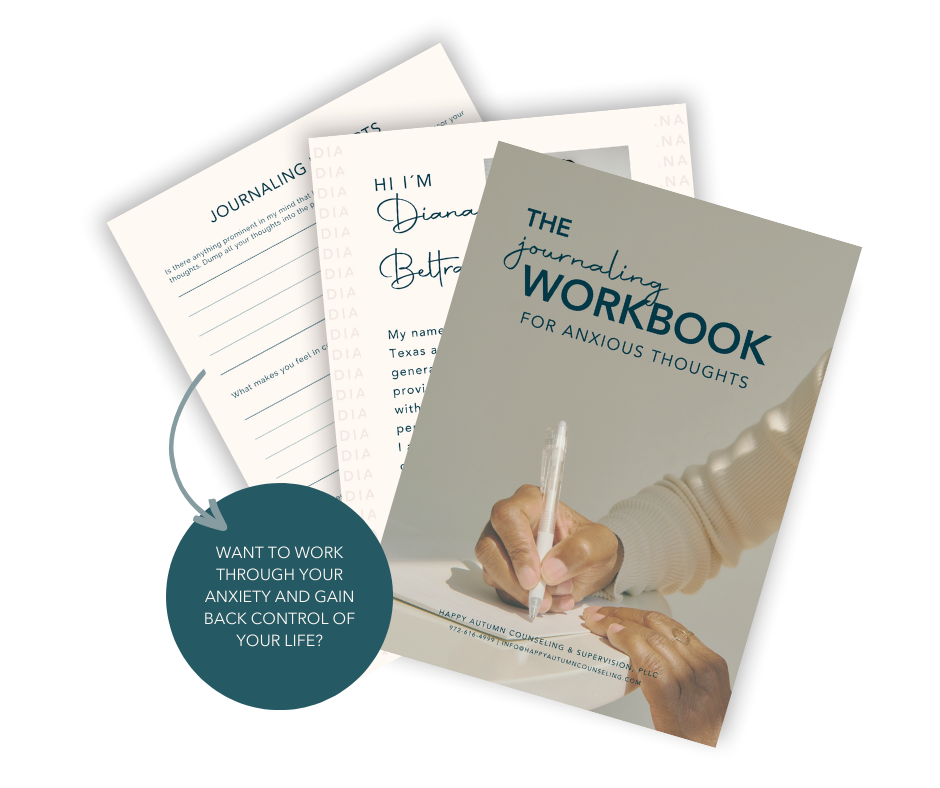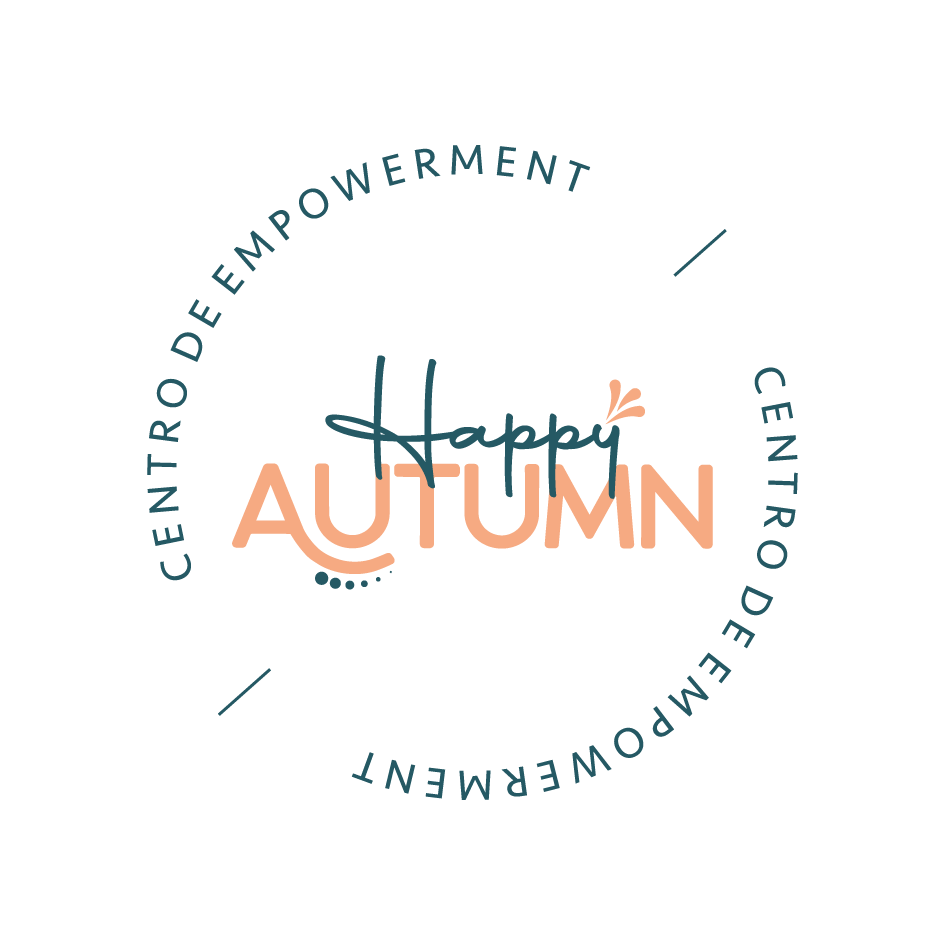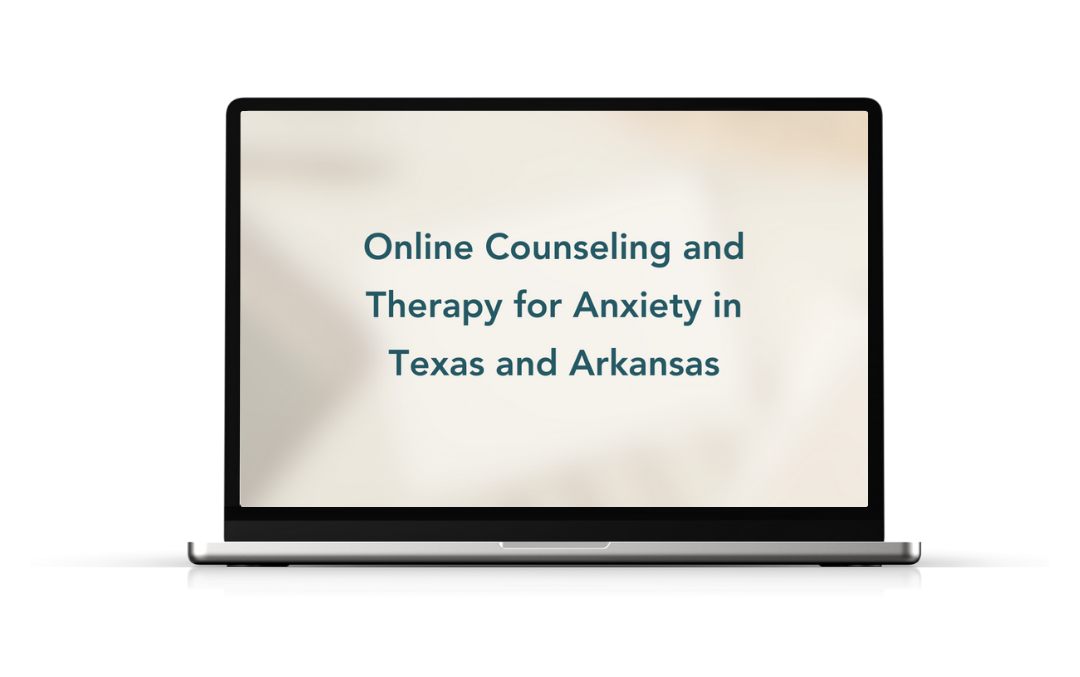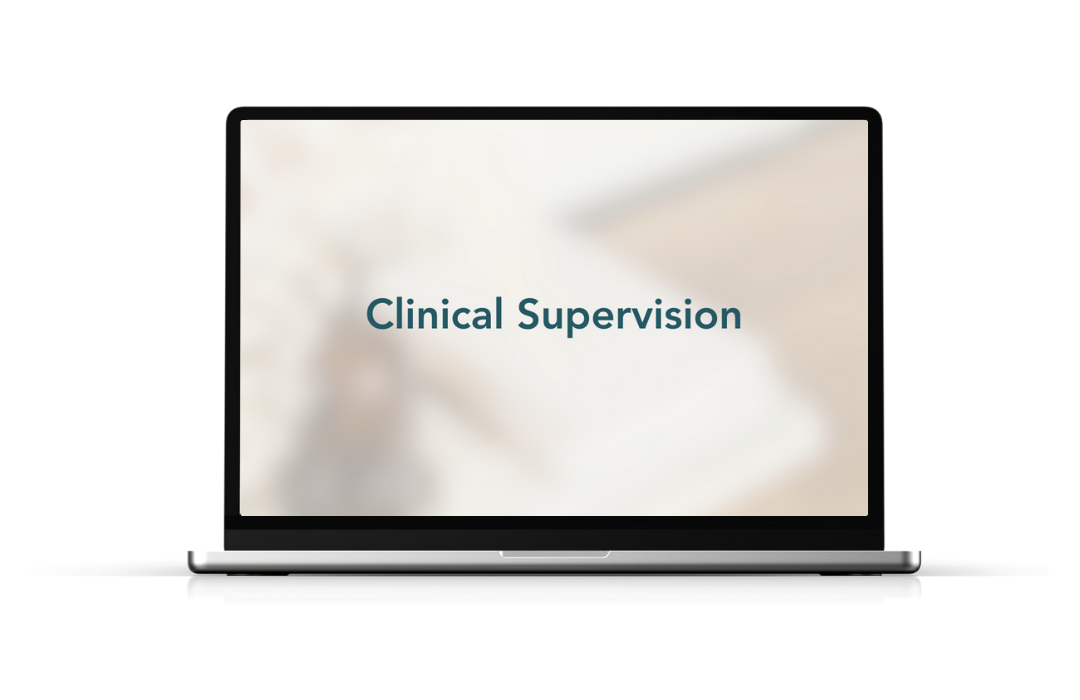Trauma in women: understanding the signs, effects, and pathways to healing
Picture starting your day with a constant feeling of unease—your body on edge, your mind flooded with thoughts that refuse to quiet down. Everyday tasks feel daunting, and certain sights or sounds trigger painful memories you'd rather not relive. For many women, unresolved trauma isn’t just something from the past—it lingers, affecting everything from relationships to overall well-being, like an unseen burden that never truly lifts.
Hi, I’m Diana, the founder of Happy Autumn Counseling. At our practice, we focus on providing compassionate, online trauma therapy to help women heal. I’ve seen how trauma can leave women feeling stuck and overwhelmed, but I’ve also seen the incredible strength they have to rebuild their lives. Let’s explore what trauma does to a woman and the pathways to recovery.
What does trauma do to a woman?
Trauma is often invisible, yet its effects can shape every aspect of a woman’s life. From emotional and physical health to relationships and self-perception, trauma’s impact can be profound. Women who experience trauma may struggle with regulating emotions, heightened anxiety, and persistent fear, all of which can interfere with daily life.
Unlike physical wounds, emotional trauma isn’t always immediately apparent. It’s stored in the body and mind, creating a cycle of stress and discomfort that may manifest as anxiety, depression, or physical symptoms like chronic pain. Understanding the ways trauma affects women is the first step toward healing and reclaiming a sense of balance and safety.

How do you know if a woman has trauma?
Trauma can present itself in different ways, and its signs may vary widely from person to person. Here are some common indicators that a woman might be dealing with unresolved trauma:
Emotional symptoms and how they feel
- Difficulty regulating emotions: You may feel like your emotions swing wildly, or you’re unable to control intense sadness or anger. It can feel as though you’re constantly on edge or overwhelmed.
- Increased feelings of anxiety or fear: Everyday situations might provoke an outsized sense of dread or unease, making it hard to relax or feel safe.
- Sense of numbness: Some women report feeling emotionally disconnected, like they’re watching their life happen without truly experiencing it.
Physical symptoms and their impact
- Insomnia: Struggling to fall asleep or waking up frequently at night can leave you feeling drained and irritable during the day. Nightmares may disrupt your rest, making sleep feel unsafe.
- Muscle tension and headaches: Trauma often manifests as tightness in the body, leading to chronic aches in the neck, back, or shoulders.
- Changes in appetite: You may find yourself eating much more or less than usual, using food to cope or feeling too anxious to eat.
Behavioral symptoms and challenges
- Social withdrawal: Avoiding loved ones or activities you once enjoyed might feel like the only way to protect yourself from potential triggers.
- Avoidance behaviors: Steering clear of reminders of the trauma—places, people, or situations—can limit your life and reinforce feelings of fear.
- Difficulty concentrating: You might find it hard to focus on tasks, as intrusive thoughts or memories constantly interrupt your attention.
Recognizing these symptoms is a critical step in understanding how trauma affects your life. At Happy Autumn Counseling, we provide safe, supportive spaces to explore and process these experiences with our online trauma therapy for women.

What is the most common trauma for women?
While trauma can stem from a wide variety of experiences, certain events are more commonly reported by women:
- Sexual or physical assault: Women often carry the emotional scars of intimate partner violence or sexual abuse. The fear and shame associated with these experiences can lead to long-term mental health challenges.
- Natural disasters: Surviving events like hurricanes or earthquakes can leave women feeling vulnerable and exposed.
- Sudden loss of a loved one: Grieving an unexpected death can trigger intense feelings of sadness, disbelief, and loneliness.
- Serious illness or injury: Physical health challenges may create a sense of helplessness and fear of the unknown.
- Acts of terror: Exposure to violence or terror can result in persistent hypervigilance and anxiety.
Every woman’s experience is unique, and trauma responses are influenced by factors like resilience, support systems, and personal coping mechanisms.

Where is trauma stored in the body for women?
Trauma isn’t just a mental experience; it’s deeply connected to the body. Research shows that unresolved trauma is often stored in various physical forms, including:
- Muscle tension: Trauma can cause tightness in the neck, back, and shoulders, often leading to chronic pain.
- Digestive system: Anxiety and trauma can disrupt the gut, causing symptoms like nausea, stomach cramps, or irritable bowel syndrome (IBS).
- Heart and lungs: Trauma may result in sensations like chest pain or shortness of breath, which can mimic physical illnesses.
- Nervous system: The fight-or-flight response may remain activated, leaving you feeling jittery, fatigued, or constantly on edge.
Tips to release trauma stored in the body
- Practice mindfulness: Mind-body practices like yoga, meditation, or tai chi can help calm the nervous system.
- Deep breathing exercises: Focused breathing can ease tension and promote relaxation.
- Progressive muscle relaxation: Alternating between tensing and relaxing different muscle groups can release built-up tension.
- Seek body-based therapy: Modalities like somatic experiencing or trauma-sensitive yoga can support physical and emotional healing.

Signs of childhood trauma in women
Childhood trauma can cast a long shadow, influencing emotional and behavioral patterns well into adulthood. Signs of unresolved childhood trauma in women may include:
- Attachment issues: Struggling with trust or intimacy in relationships may stem from early disruptions in emotional security.
- Hypervigilance: Being overly alert or easily startled by minor triggers can reflect a constant sense of danger.
- Self-esteem challenges: Feelings of inadequacy or worthlessness may persist, even in the absence of external criticism.
- Difficulties with emotional regulation: You may find it hard to process anger or sadness in healthy ways.
Why trauma-informed care is important
Trauma-informed care is an approach that recognizes the pervasive impact of trauma and prioritizes safety, trust, and empowerment. Here’s why it matters:
- Creates a sense of safety: A trauma-informed therapist ensures clients feel emotionally and physically safe during sessions.
- Prevents retraumatization: Techniques are designed to avoid triggering painful memories or responses.
- Empowers clients: The focus is on collaboration and helping women regain control over their lives.

Practical tips for managing trauma during a crisis
In moments of intense distress, grounding yourself can make a big difference. Here are some actionable tips:
- Engage your senses: Focus on what you can see, hear, touch, taste, or smell to stay grounded in the present.
- Use the 5-4-3-2-1 technique: Name five things you see, four you can touch, three you hear, two you smell, and one you taste.
- Practice deep breathing: Inhale slowly for a count of four, hold for four, and exhale for four. Repeat until your heart rate slows.
- Keep a comfort item nearby: Holding a meaningful object, like a soft blanket or piece of jewelry, can provide a sense of security.
- Reach out: Text or call a trusted friend, family member, or therapist to talk through your feelings.

Ready to heal from trauma? Let’s rebuild together
Healing from trauma is a journey, but you don’t have to walk it alone. At Happy Autumn Counseling, we offer compassionate, trauma-informed care to help you feel safe, supported, and empowered every step of the way.
Take the first step toward healing with online trauma therapy for women. Schedule your consultation today and begin your path to renewal.
*AI Disclosure: This content may contain sections generated with AI with the purpose of providing you with condensed helpful and relevant content, however all personal opinions are 100% human made as well as the blog post structure, outline and key takeaways.
*Blog Disclaimer: Please note that reading our blog does not replace any mental health therapy or medical advice.
The content shared on this blog is for informational and educational purposes only and does not constitute therapeutic advice or a substitute for professional mental health services. Reading this blog does not establish a therapist-client relationship. If you are in need of mental health support, please seek help from a licensed professional in your area.

Hello! you
Welcome to Happy Autumn Counseling.
We are a virtual group practice of bilingual therapists passionate about supporting you through life’s challenges. Whether you’re dealing with anxiety, trauma, OCD, substance abuse, or any mental health issue, our goal is to help you regain control, tackle stress, and empower you to thrive.
Grab my free journaling workbook




















